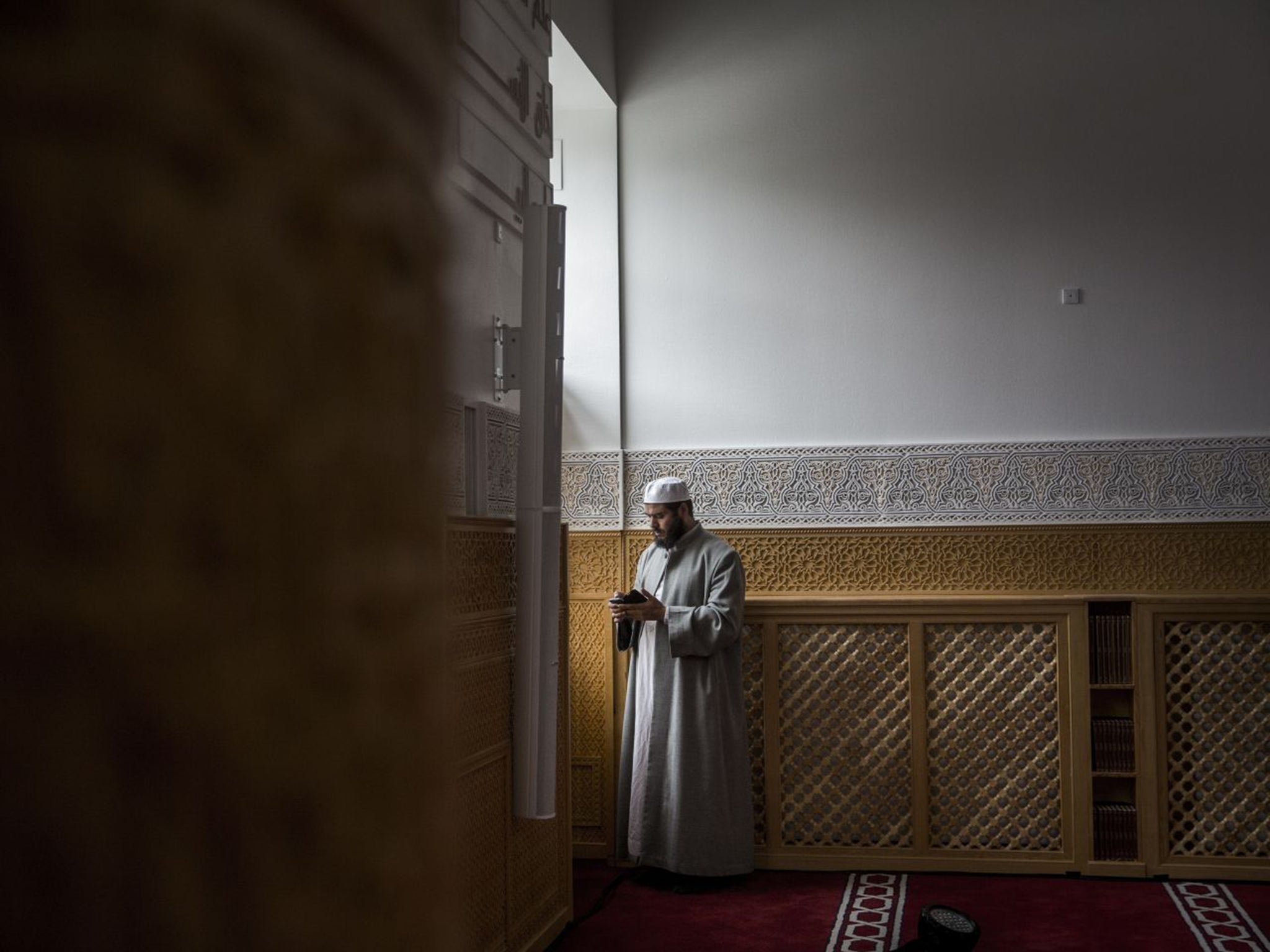Copenhagen shootings: Blasphemy debate attack is setback for 'jihad rehab' approach
Denmark has taken a non-punitive approach towards its citizens who have gone off to fight for Isis

The attacks in Copenhagen are a loss of innocence for liberal Denmark’s attempt to take a non-punitive approach towards its citizens who have gone off to fight for Islamists in Syria and Iraq.
At least, that is going to be the reaction of critics who have attacked the country’s programme of rehabilitation for returning jihadists.
The scheme, which was meant to halt a cycle of radicalisation and retributive justice, was started in the city of Aarhus and was adopted nationwide last autumn. Denmark has sent more young Muslims, per head of population, to fight in the Levant than any other European country, apart from Belgium.
It is the only Western state to take such an approach. The organisers have been invited to outline their programme in a number of European states including Britain, although the chances of it being adopted elsewhere have become slimmer following the Charlie Hebdo massacre – and after last night’s attack.
I interviewed some of the young Danish fighters who have joined the programme. Mehdi, of Moroccan descent, said talk of the war being brought home was alarmist. “I heard that in England, even those who were against [Isis] were questioned by police and had their homes searched. That would obviously turn them against their government, and I would feel the same way if that happened to me in Denmark.”
One of the architects of the programme, Professor Preben Bertelson, told me: “This is the only answer. When [Isis] is defeated in three years, we are going to get up to 6,000 very angry young men coming back to Europe.” But Maria Krupp, an MP for the conservative Danish People’s Party, was adamantly opposed. “The project is misconceived. It rewards for violence,” she said. After last night’s attack, people like her will feel they are winning the argument.
Join our commenting forum
Join thought-provoking conversations, follow other Independent readers and see their replies
Comments
Bookmark popover
Removed from bookmarks